Posted on May 11, 2020 by College of Sciences
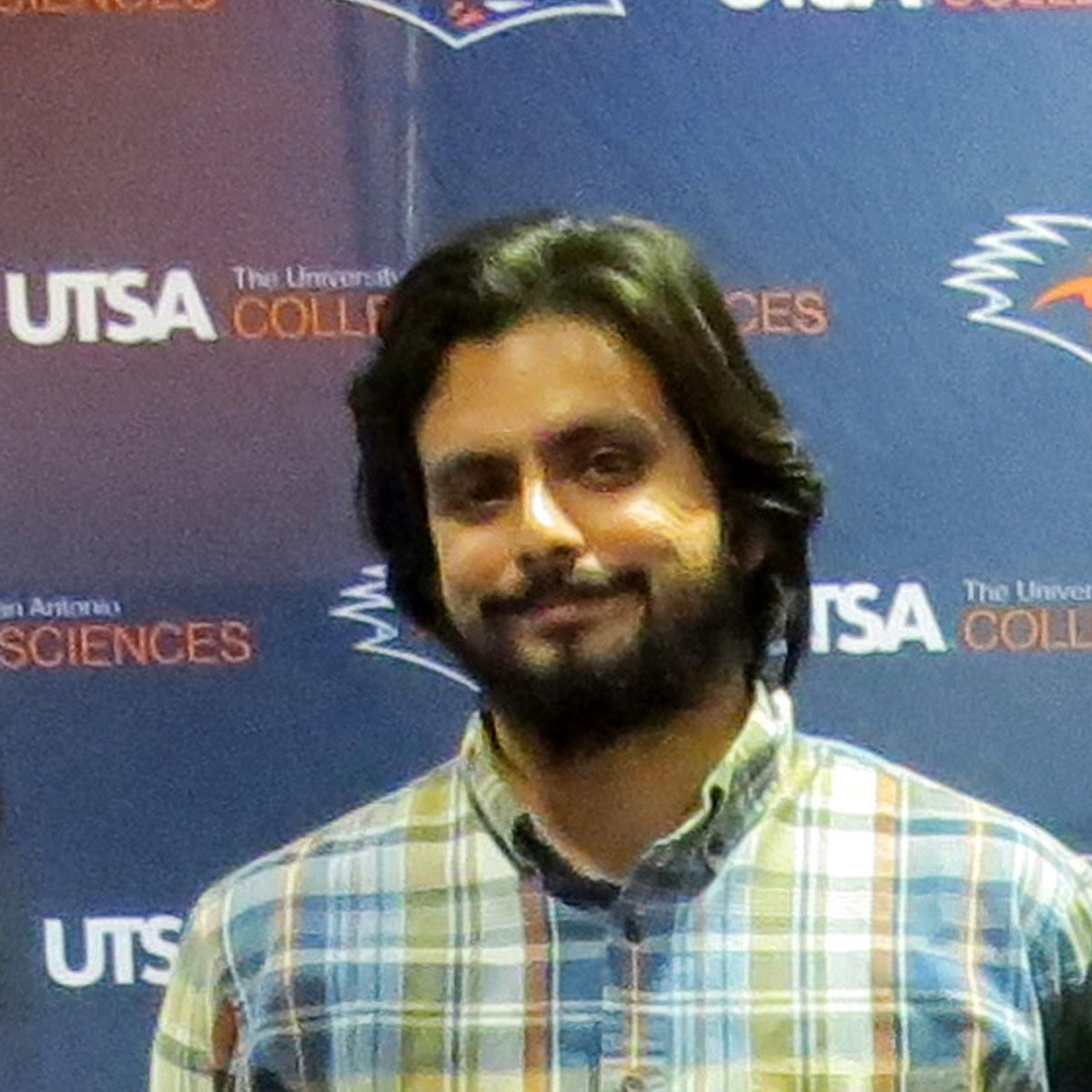
Rocky Slavin, Ph.D., Department of Computer Science
Can you share a little about your journey to UTSA?
My relationship with UTSA is a long and rewarding one. I first came to UTSA as an undergraduate mechanical engineering major in 2005. After a few years, I realized that, while I enjoyed engineering, my talents and passion actually lied in computer science. I changed my major after nearly 90 hours of coursework and eventually graduated with my B.S. in computer science in 2012. Near the end of my undergraduate degree, I was fortunate enough to get the chance to do research with a UTSA computer science (CS) faculty member which led to me joining the graduate program and eventually receiving my Ph.D. in 2017. During that time, I developed a love for both teaching and research and decided to pursue a career in academia. Fortunately, I was able to fill a new teaching-oriented position in the department which would also allow me to continue my research and have enjoyed it ever since. Today, I am continuing my journey at UTSA as a tenure-track faculty member beginning this Fall.
What does a typical day in your job entail?
A typical workday for me consists mostly of interacting with students. This includes both undergraduates learning new things to prepare for their careers and graduates working to contribute to their scientific fields. When I'm not working with students, I am improving my course materials, doing research, or meeting with colleagues to contribute to the department.
What is the most rewarding part of your job?
Whether directly through teaching or indirectly through my research, it gives me an immense sense of satisfaction to know that I am leaving a mark on the world by potentially impacting the lives of so many people. This also gives me a great sense of responsibility in that I know that impact is directly related to the effort I put in to preparing my courses and engaging with my students. For this reason, it is important to me to maintain the quality and relevance of everything I teach.
Are you currently conducting any research?
I'm involved in a few projects, all involving privacy and cybersecurity.
One project involves using static program analysis to detect privacy leaks in video captured by augmented reality apps. For example, if you use Google Translate's live translation feature on your phone, it sends the text it captures to Google's servers for translation. If there is any private text in the background (e.g., prescriptions, phone numbers, etc), that may get sent too. My work tries to identify and potentially mitigate those risks.
Another project involves using artificial intelligence to link source code with natural language to help detect when an app violates its own privacy policy. For example, if a privacy policy states something like, "We do not collect your location information," my framework can understand that and then use program analysis over the app to verify whether that is true. So far, this work has found dozens of potential privacy policy violations in top apps.
I'm also working to automatically identify potential defects or vulnerabilities in apps by using machine learning to treat source code as natural language. The model identifies risks in the same way you might use context when reading a book to make guesses about what is going to happen next.
What is one thing that your students might be surprised to learn about you?
Astrophotography is a big hobby of mine (at least when I have time). I have captured dozens of images of various planets, nebulae, galaxies, and other deep sky objects from my back yard over the years.
What is your advice to incoming students?
Early in my time as an undergraduate, I found myself working toward something I knew I wouldn't be happy with in the long run. I finally made the decision to change majors and it put me on a path that led me where I am now: doing something I love and making a difference. Sometimes it can be easy to get stuck going down a bad path just because it's too scary to let go of the effort you've already put in. Don't be afraid to change course if it will make your life better. Seek out advice and strive for long-term happiness.
Anything else you'd like to add?
I recently received the NSF's Computer and Information Science and Engineering Research Initiation Initiative (CRII) grant. This is considered to be a "mini CAREER" award for new faculty. My department chair tells me I may be the first NTT faculty member at UTSA to receive it. There is an article here.
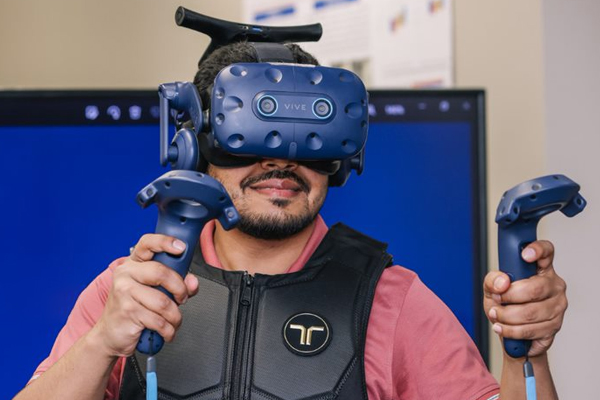
Explore the Computer Science Department!
Effective September 1, 2025, the Department of Computer Science was relocated to the College of AI, Cyber and Computing.
Recent Computer Science Spotlights
View More Spotlights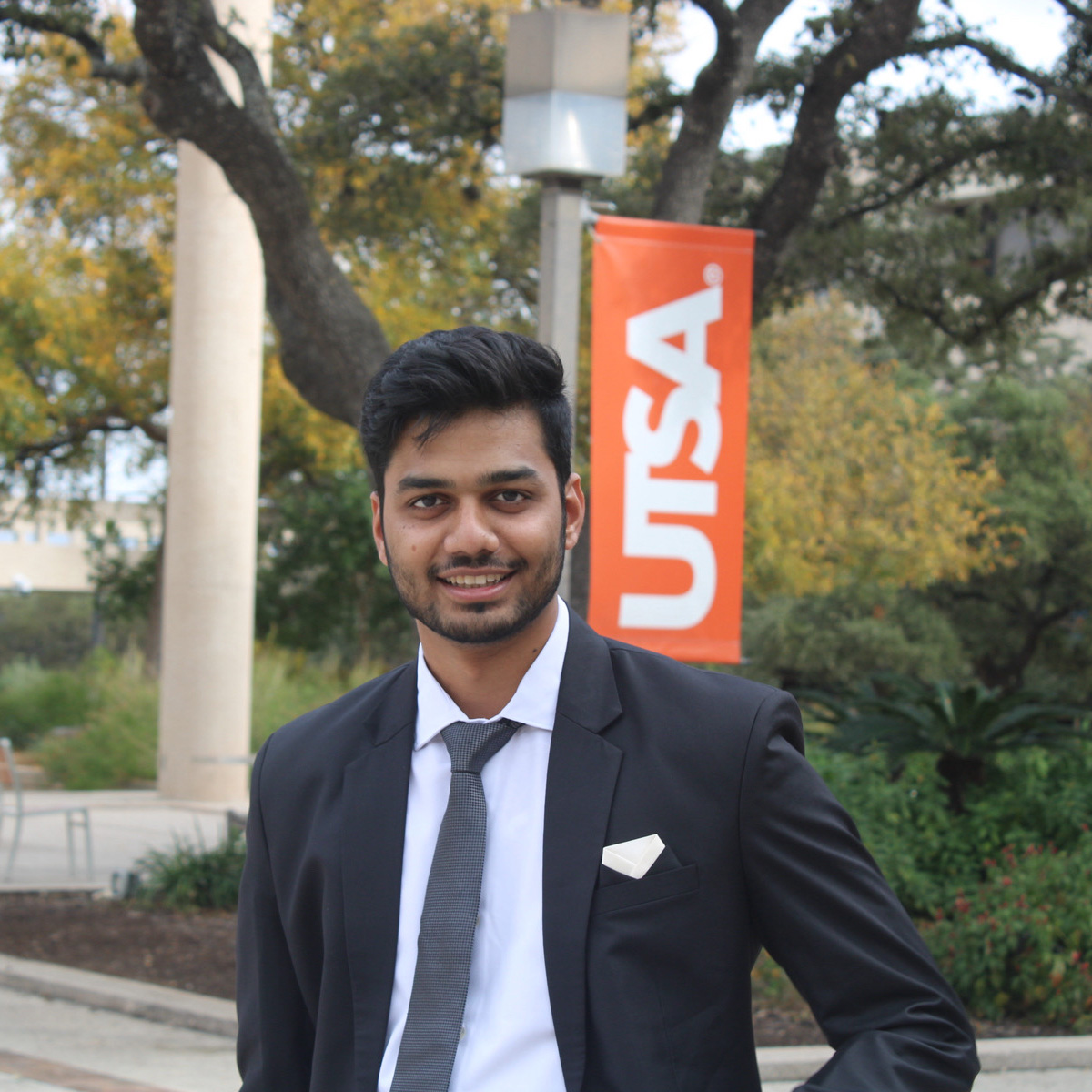
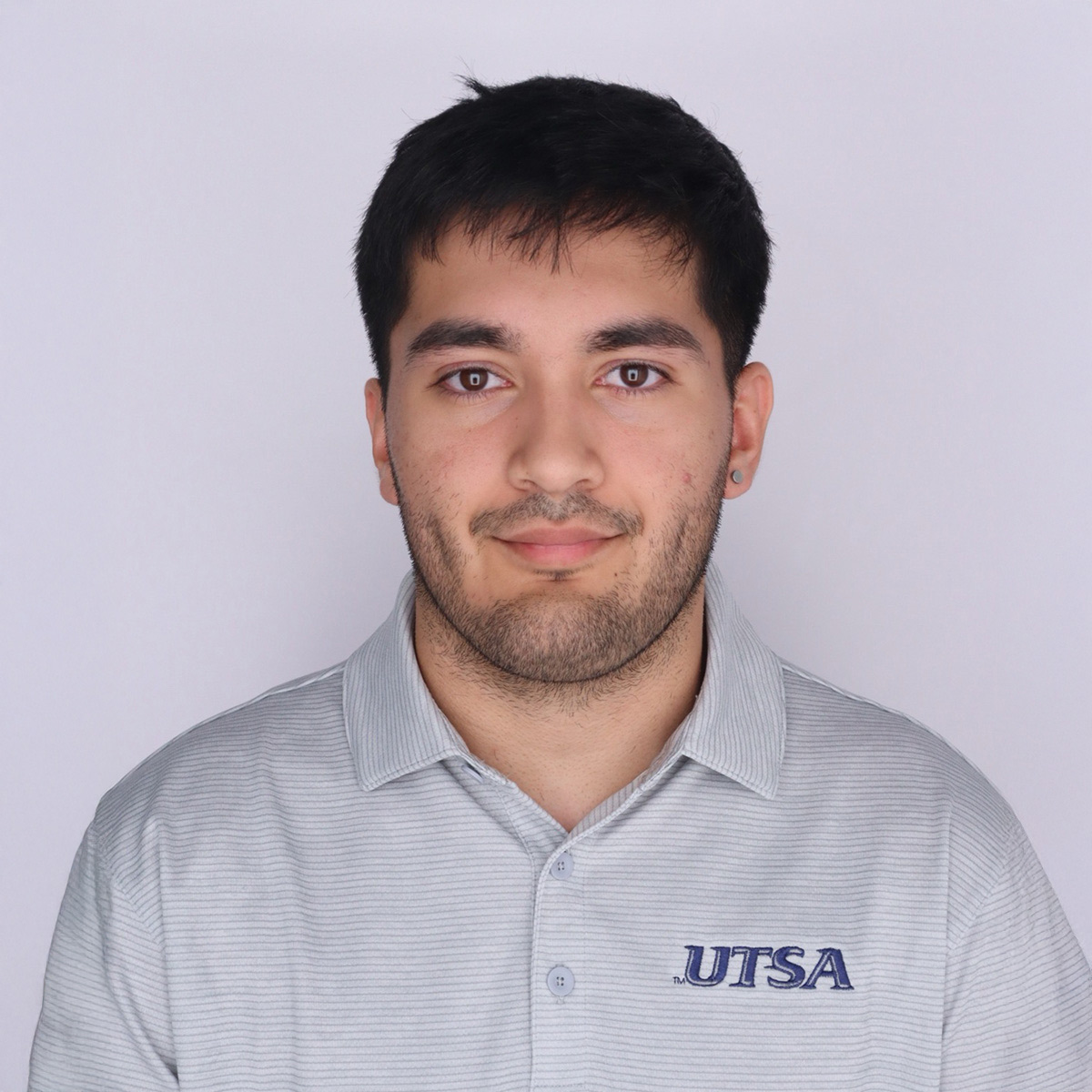
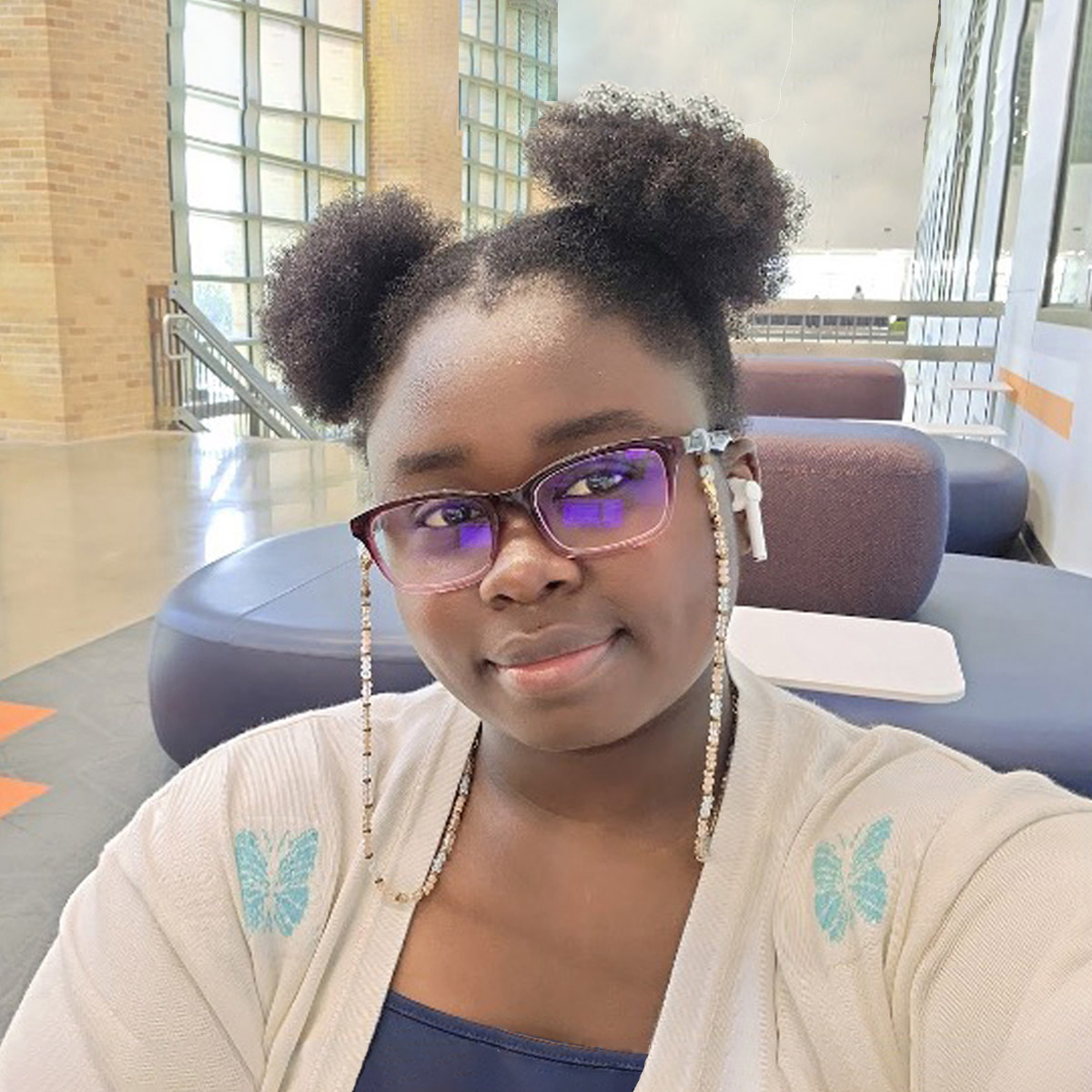
May 3, 2024
Retrouvailles ManishimwePublished by College of Sciences
#ThisIsWhatAScientistLooksLike

